Inspiration
We were inspired by Millennials' dangerous texting and driving habits, so we developed a driving system to allow them to text and still drive at the same time.
What it does
Our HTC Vive virtual reality experience allows the user to issue commands to our taxi driver, Alexa, and explore Sponsorville.
How we built it
We built our HTC Vive VR experience in Unity using C# and our Amazon backend with node.js and the Alexa skillset. The Amazon Alexa is able to take a user's directional input voice command through Amazon's unique browser-based web services built with node.js, and notifies Unity of the user's input with a web API hosted on Microsoft Azure.
Challenges we ran into
The first challenge we ran to was division of work. Charlie became our Unity/C#/HTC-Vive programmer, Randy became our impromptu Scrum Master/Front-End Designer/3D-modeler, and Caleb and Colin worked on node.js/Azure-IoT/Amazon Web Services. After we had a better sense of everyone's skill-set and strengths, we were able to snowball each other consistently throughout the course of the hackathon. Regarding Unity and C#, we ran into rigidbody and trigger debugging issues early on. With Alexa, we had troubles getting the browser based web service to work with node.js/Azure but by the middle of the second day, we were able to create a working prototype.
Accomplishments that we're proud of
Getting an Amazon Alexa to take voice commands and convert them to directional output in a Unity VR environment.
What we learned
Make sure you go into a hackathon with your division of work ready between your teammates. Additionally, make sure you teammates actually have a solid background in coding the work that is handed to them. Get together with your teammates every few hours, AGILE style, and see what progress has been made and if anyone needs help. Make sure everyone on your team can at some point handle paperwork because there will be a good amount of it throughout the course of the hackathon from the gathering of your teammates, to the final 12 hours before showtime. There needs to be a HUGE sense of trust between you and your teammates. Without some form of solid workflow (we used 2-hour scrums), you can run into problems like people just going off and coding who knows what for 3-4 hours of your hackathon before you realize you have issues.
What's next for Go Alexa Go
We plan on buying our own private islands and moving there with our solid-gold rocket ships from the amount of sponsorship money we've made from our amazing SponsorVille sponsors at Spartahack 2017.
Built With
- adobe-dreamweaver
- adobe-illustrator
- agile
- amazon-alexa
- amazon-web-services
- asp.net
- azure
- c#
- htc-vive
- iot
- javascript
- node.js
- photoshop
- redbull
- unity
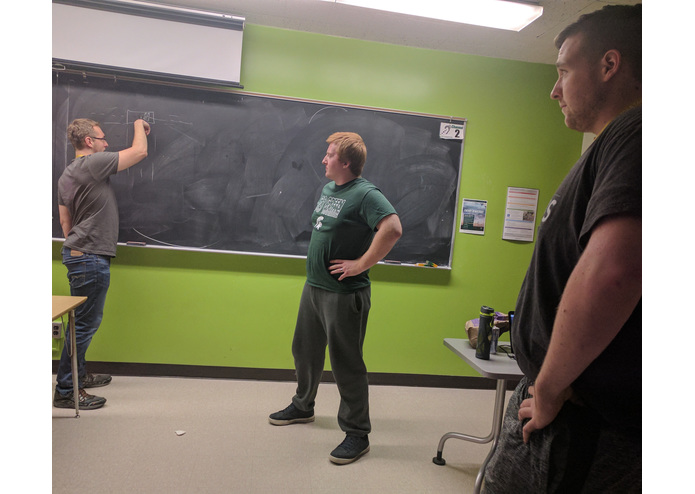
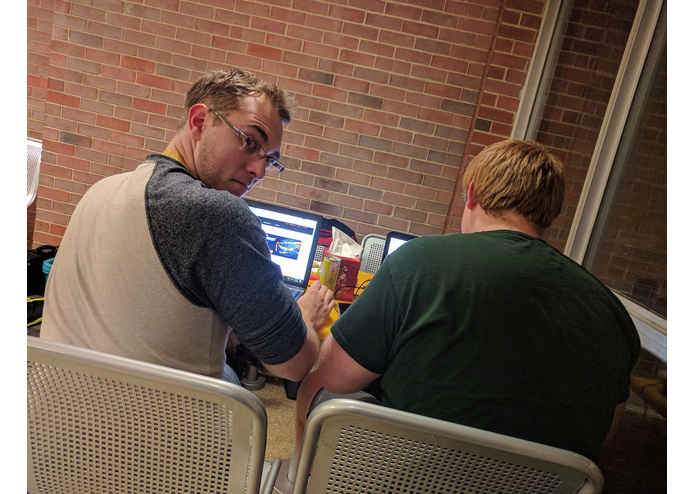
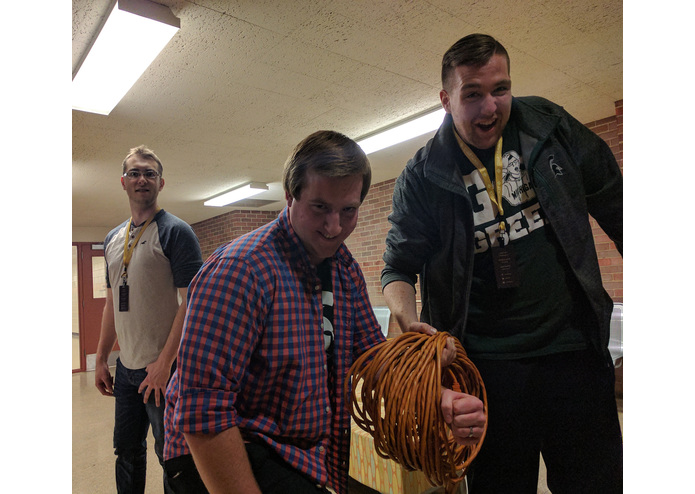
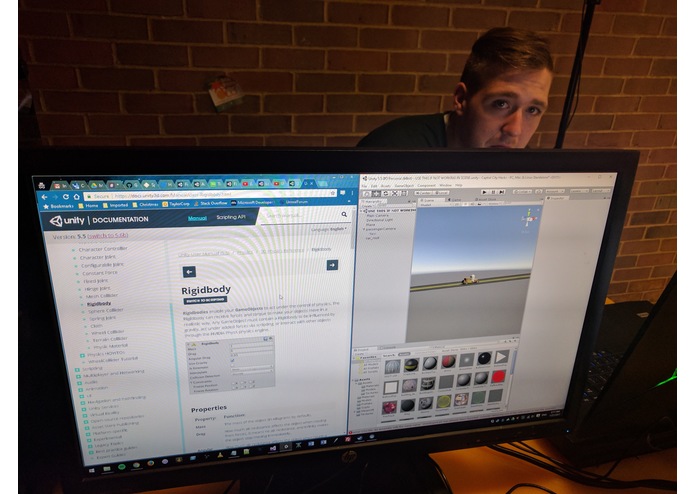
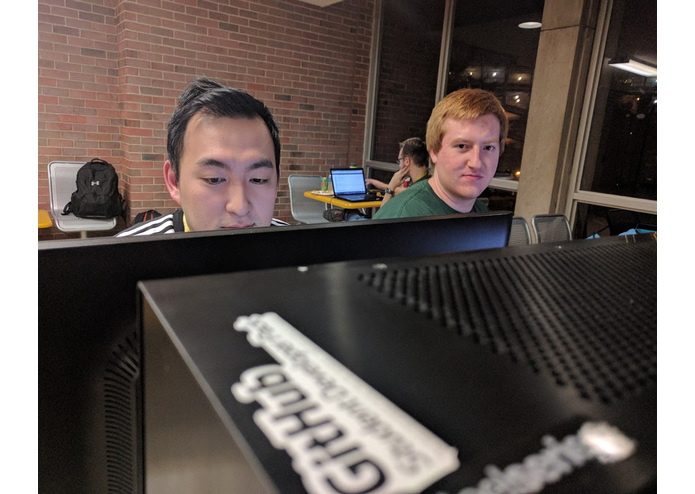









Log in or sign up for Devpost to join the conversation.